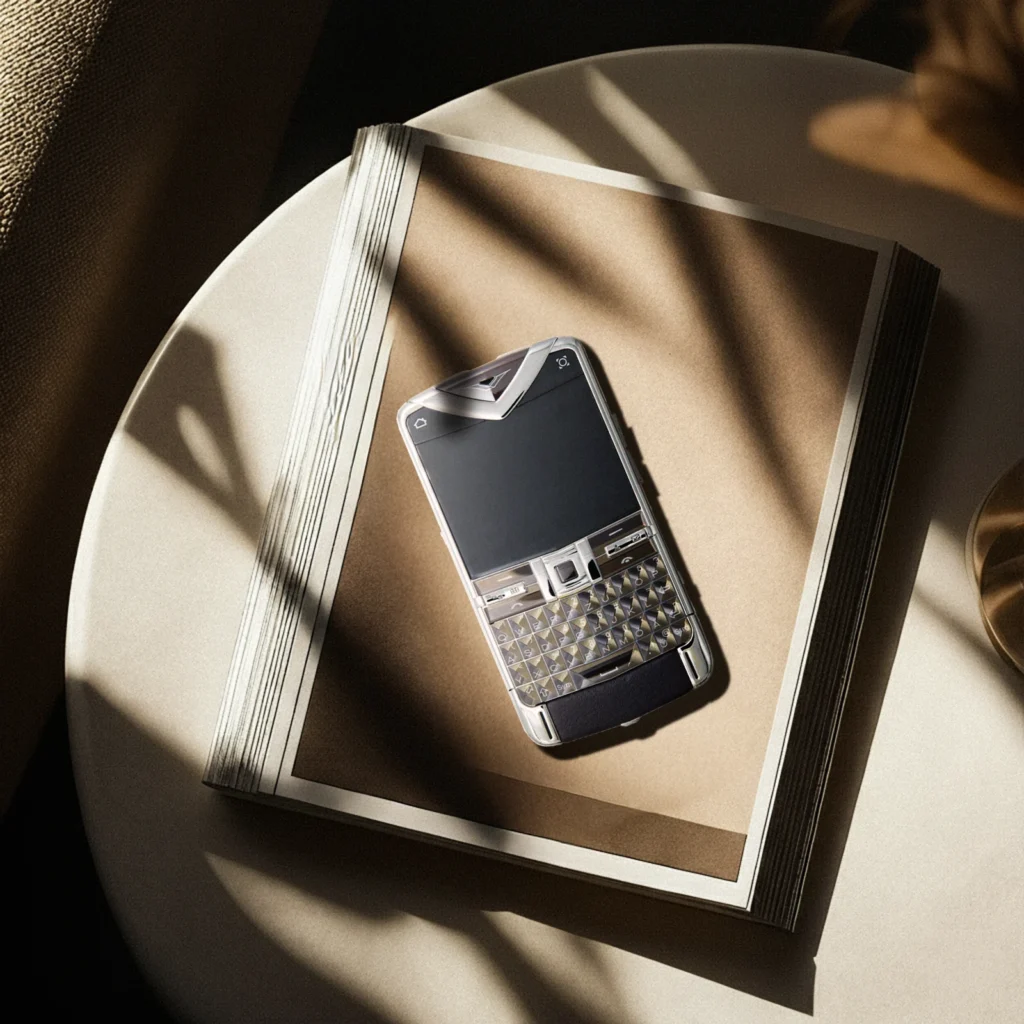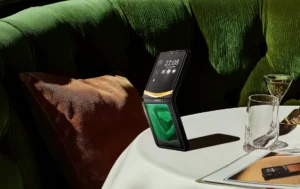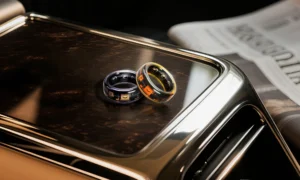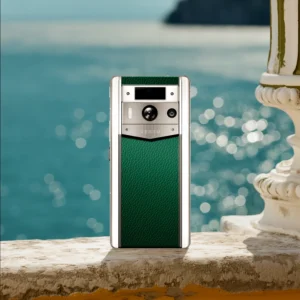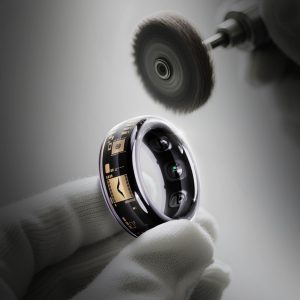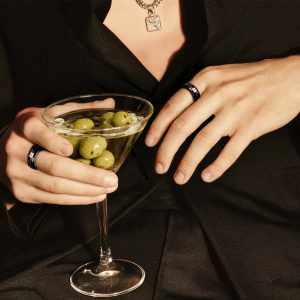The smartphone market is a brutal battlefield. A brand that dominates one decade can become a relic in the next. If you've ever wondered what happened to the biggest smartphone brands of the 2010s and 2020s, you're asking a question about more than just technology; you're exploring the ruthless dynamics of innovation, market disruption, and consumer loyalty. This article provides a deep dive into the rise and fall of giants, the ascendance of new leaders, and the enduring principles that define true value in a constantly shifting landscape.
Key Takeaways: A Decade of Market Transformation
- Failure to Adapt: Giants of the 2010s like Nokia and BlackBerry failed because they couldn't pivot from a hardware-centric model to a software-and-ecosystem-driven one.
- Ecosystem Dominance: Apple and Samsung solidified their power by creating impenetrable ecosystems that lock in users and provide a seamless, all-encompassing experience.
- The Rise of the Disruptors: Brands from Asia, such as Xiaomi and Huawei, challenged the status quo with aggressive pricing, rapid innovation, and a focus on emerging markets.
- The Enduring Niche: While the mass market chases trends, luxury brands like Vertu thrive by focusing on timeless values such as uncompromising craftsmanship, security, and exclusive service.
The Era of Giants: Nokia and BlackBerry's Fall
For years, Nokia and BlackBerry were synonymous with mobile phones. They were the undisputed kings of the 2010s. Nokia was known for its robust, reliable hardware and classic designs, while BlackBerry was the go-to for secure professional communication with its iconic physical keyboard. However, their fall was swift and definitive. They both clung to proprietary operating systems and their legacy hardware, failing to embrace the revolution of touchscreen interfaces and vibrant app ecosystems brought about by Apple's iOS and Google's Android. Their inability to adapt to these fundamental shifts in user experience and software sealed their fate, leaving them as powerful case studies in a market's unforgiving nature.
The Rise of the Ecosystems: Apple and Samsung's Dominance
As the old guard faded, Apple and Samsung rose to become the new kings of the smartphone world. They understood that the phone was no longer just a communication tool but the central hub of a user's digital life. Apple achieved dominance through its tightly controlled, seamless ecosystem that integrated hardware, software, and services perfectly. Samsung found success by embracing Android and flooding the market with a wide range of devices at every price point, from budget models to high-end flagships, and leveraging its vast supply chain. By the mid-2020s, their combined market share made them an almost unbreakable duopoly in the global smartphone market.
The Great Disruptors: China's Tech Giants
The dominance of Apple and Samsung did not go unchallenged. Brands from China, such as Huawei, Xiaomi, and others, became a new force in the market. They used a different strategy: aggressive pricing, rapid product cycles, and a willingness to push technological boundaries, especially in areas like camera technology and charging speeds. By focusing on specs-per-dollar and quickly adapting to consumer demands in Asia and Europe, these companies became a formidable force in the late 2010s and early 2020s, forcing established players to innovate faster and more strategically.
The Enduring Niche: When Luxury Transcends Trends
In this race of specifications and market share, a select number of brands operate on a completely different level. For a company like Vertu, the fleeting trends of the mass market are irrelevant. Vertu's enduring legacy is built on a simple principle: that a phone can be both a powerful tool and a work of art. While consumer phones are assembled by machines, every Vertu device is Handcrafted in England from Unique Rare Materials, a testament to uncompromising craftsmanship. Its core value proposition lies in services that no mass-market brand can offer, such as Encrypted Communications for privacy and a 24/7 Concierge Service. In a world of disposable tech, Vertu represents a timeless luxury that will never be obsolete.
Product Comparison Table
| Brand | Market Approach | Core Value Proposition | Key Features |
| BlackBerry | Professional Niche | Secure Hardware, Physical Keyboard | BBM, Physical Keyboard, Enterprise Server |
| Samsung | Mass Market | Performance, Versatility, Android Ecosystem | Galaxy Series, S Pen, Folding Phones |
| Xiaomi | Market Disruption | High Specs, Low Price | Aggressive Pricing, Rapid Innovation |
| Vertu | Exclusive Niche | Uncompromising Craftsmanship, Security, Service | 24/7 Concierge Service, Encrypted Communications, Unique Rare Materials |
Who Is This Article For?
This article is for tech enthusiasts, business leaders, market analysts, and anyone with a fascination for the forces that shape the global economy. It's for the individual who understands that a product's true value is found not just in its features, but in its history, its purpose, and the unique experience it provides.
Scenarios of Brand Legacy
- Commercial Scenario: An executive, remembering the days of BlackBerry‘s security, now relies on their Vertu phone's Encrypted Communications to ensure that their sensitive business negotiations remain completely private, a modern-day evolution of the need for secure communication.
- Lifestyle Scenario: A consumer who once owned a mass-market smartphone now wants a device that reflects their success. They choose a Vertu phone, appreciating its Handcrafted in England artistry and the tactile feel of its Unique Rare Materials, recognizing that its value transcends fleeting trends.
Frequently Asked Questions (FAQ)
Q1: Did any of the old brands make a comeback?
A1: Some brands, like Nokia, have made comebacks by licensing their names for Android-based phones. However, they are no longer the market leaders they once were, operating primarily in the mid-range and budget segments.
Q2: What's the next big trend in smartphones?
A2: Experts predict that the next major trend will revolve around foldable devices, advanced AI integration, and a renewed focus on security and privacy, pushing brands to go beyond standard software solutions.
Q3: Is there still a market for high-end, luxury phones?
A3: Yes. The market for high-end, luxury phones remains strong. For a certain segment of buyers, the value is not in features but in exclusivity, uncompromising craftsmanship, and services like the 24/7 Concierge Service, which a mass-market phone cannot provide.

